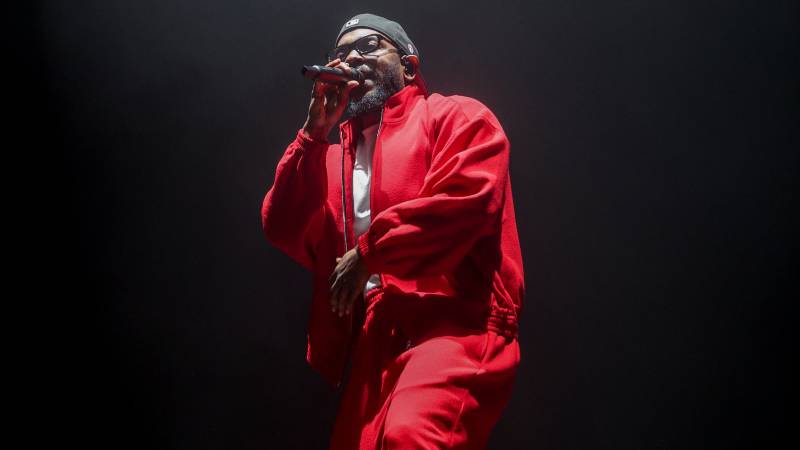Kendrick Lamar just reminded us there’s no substitute for real emotion in rap beef.
On April 30, the LA rapper released his response in the ongoing feud between himself and Drake, by dropping a six-minute diatribe aimed at Drizzy as a rap artist and, more importantly, as an assassination of his character on a human level.
“Euphoria” not only references Drake’s involvement with the MAX hit drama of the same name but also expresses the level of elation Lamar likely feels in finally getting these things off his chest. Lamar’s song is the latest plot point in the timeline of hostility between the two rap titans considered to be part of hip-hop millennial Mount Rushmore. This is a timeline that goes back over a decade and was recently reignited in the beginning of 2024 with a storm of messy diss tracks — both authentic and artificial.
On the first verse, Lamar uses a calm, cool yet sinister delivery: “Know you a master manipulator, and habitual liar, too / But don’t tell no lie ’bout me, and I won’t tell truths ’bout you.”


